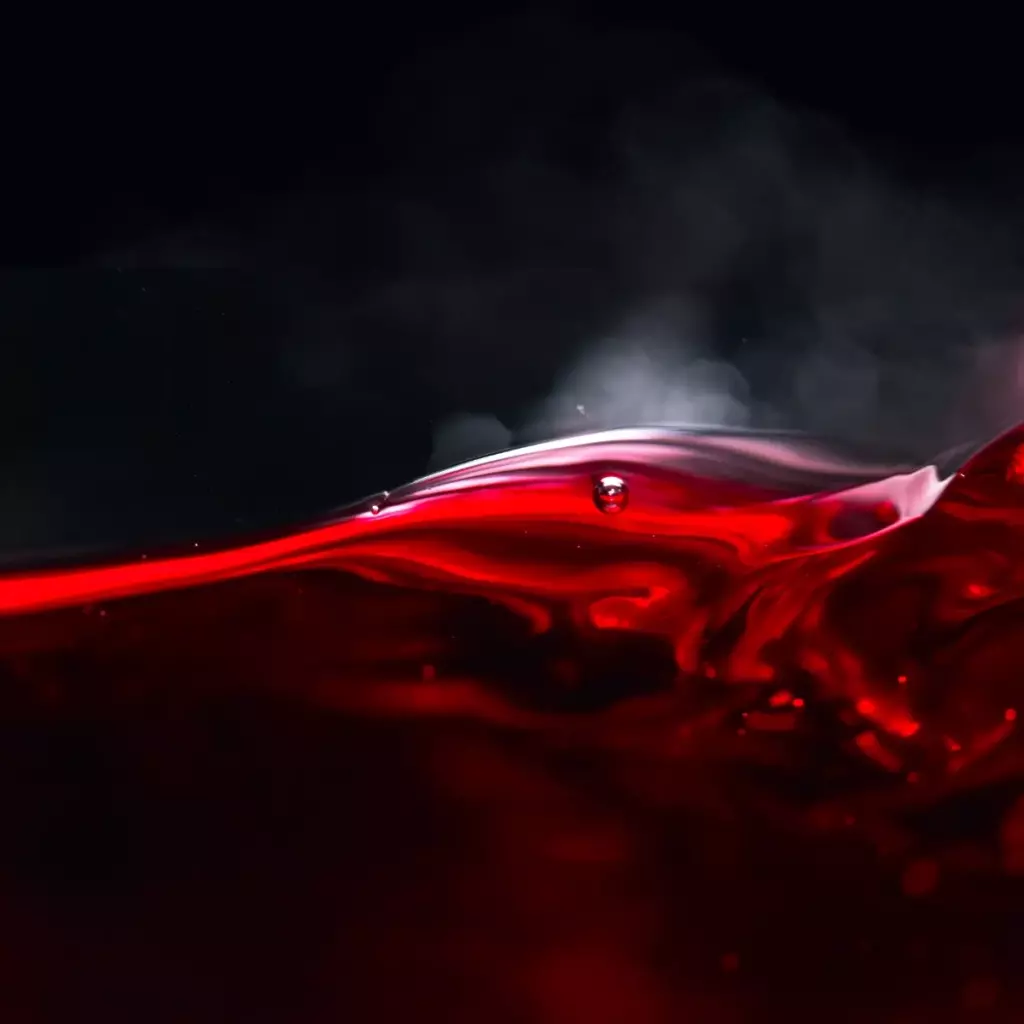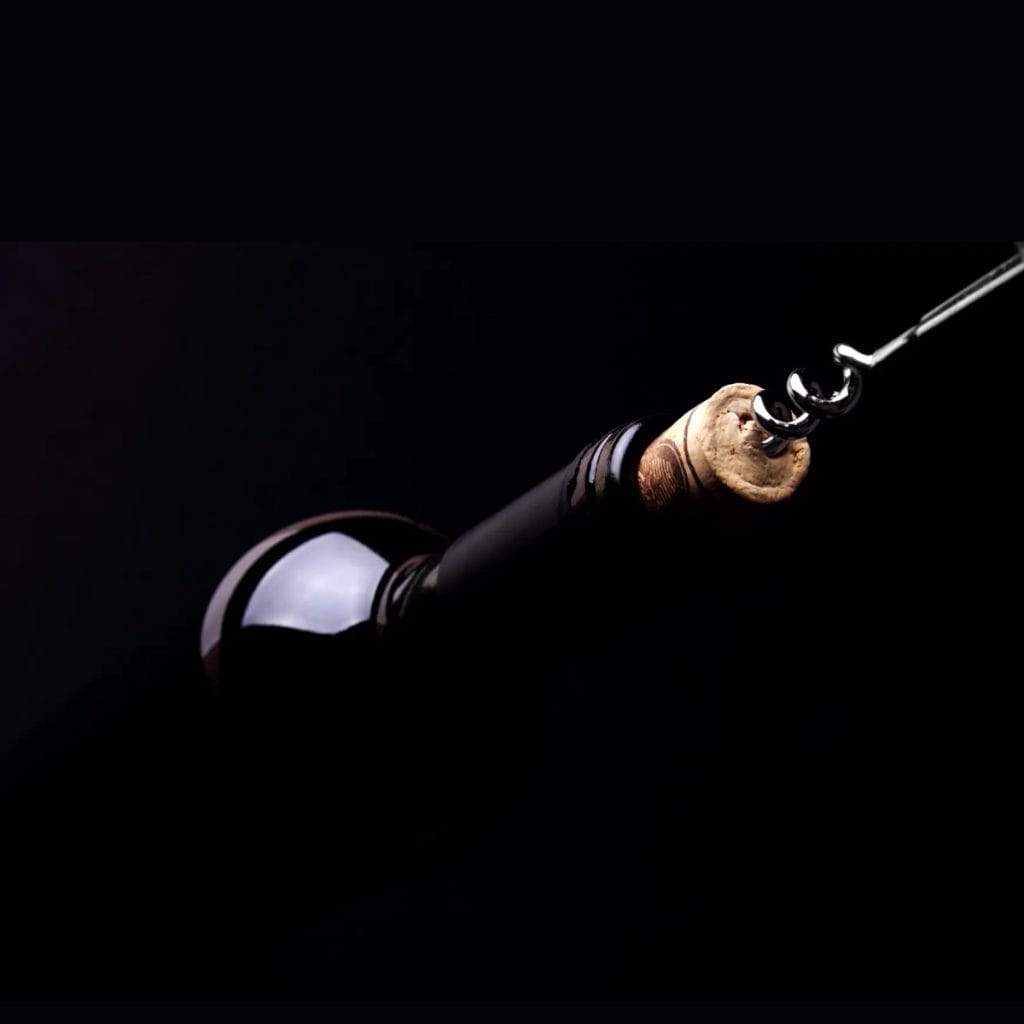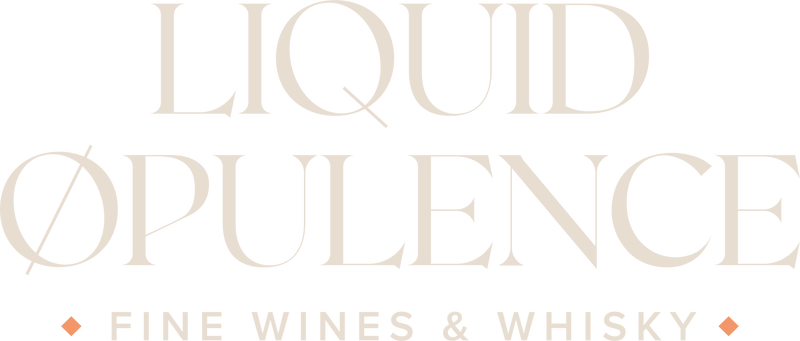Why Collect Wine?
Value Appreciation
Wine has a distinctive characteristic which makes it a very different investment from many other markets out there. This is the fact that wine, like whisky, appreciates in value as it ages. For wine, the ageing process, or maturation takes place over a number of years in its bottle. It is a known fact that wine gets better as it ages, therefore making it an appreciating asset by nature. The aging process allows the wine to improve and mature, which means over time it becomes more desirable, and by default, more valuable to enthusiasts and collectors.
Wine has been traded as a commodity for centuries, and it has allowed millions of people to benefit from its natural ageing process. As an investment, it shares many similarities with other physical assets such as property, because like property, it will always hold intrinsic value. For wine, this intrinsic value comes from the fact that there will always be a level of demand for wine, no matter the economic climate. This inherent value protects the wine from ever dropping to £0. Over the past three decades, fine wine has shown a compound annual growth rate of 10%, showing its stability and consistency in times of turmoil.
Read More Read Less

Rising Demand
One of the main areas of attraction for investors into fine wine is its rising demand within luxury asset markets. As wine is a market that moves due to supply and demand, there is a direct effect on the asset's prices when it is more widely consumed. As people develop a taste and appreciation for fine wines the demand for luxury goods continues to grow.
Not only this but the demand for fine wine as an investment has also increased over the years due to its consistent and reliable returns, especially within an unstable economy.
Read More Read Less
Limited Correlation To The Stock Market
Due to the nature of fine wine being one that is driven predominantly by supply and demand, it has a resounding lack of correlation to traditional areas such as the stock market. Investments in fine wine tend to maintain a level of stability, even through economically turbulent times.
This makes the asset an alluring option for investors looking to reduce their risk exposure and diversify their portfolio.
Read More Read Less
Restricted Production
Fine wine is governed by market restrictions which limit the number of wines an estate can produce each year. The range of case production from investment-grade wineries can range from 500 – 20,000 cases, which compared to the millions produced from supermarket wineries is an extremely small quantity.
The reasons for these restrictions are not only because of a lack of growing space but also to prevent excessive flooding of the market. Restricting the supply of these wines enables the wineries to produce highly valued assets which will ultimately get scarcer.

Diminishing Supply
Permanent depreciation of supply comes directly from the consumption of the wines, if a particular vintage is consumed it becomes impossible to replace or recreate those wines, as it is specific to the year it was produced. This results in a finite diminishing of supply, inevitably leading to increased demand for the remaining assets.

What Are The Risks?
As with any investment market, there are risks that any investor should carefully consider. It is important to note that the fine wine market is not regulated, and we at Liquid Opulence are not financial advisors. However, we do have decades of experience within the market and are experts in our field.
As a company we do not offer any financial guarantees about the performance of your investment and for any general financial advice, we urge you to contact a financial advisor or consultant. Understanding and mitigating the risks can help investors to make informed decisions and maximise the potential of their wine portfolio.

Wine Investment Process
Investing in fine wine entails purchasing a case of wine and holding it as the bottles are consumed globally, making the product scarcer, whilst the product also improves in quality due to the ageing process which takes place within a bottle of wine. At the point that the asset has become rarer and of higher quality, it can eventually be sold, giving the investor possession of an asset which is higher in demand and potentially higher value than it was when they had purchased it.
1
Consultation
Investing in fine wine starts with determining your goals. It is important to consider factors such as; your entry-level, risk appetite, and length of hold. To help you navigate this process, we encourage you to speak with our team of experts. This discussion can take place either via the telephone, video call or face-to-face and the aim is to enable your broker to get an insight into your goals, motivations and capabilities so as to assist you in the best possible way and get a clear understanding of what you are looking to achieve with this investment.
Throughout the process, our education team will be on hand to ensure that we continuously meet your market knowledge and understanding requirements.
2
Asset Proposal
After the discussion, a proposal containing a portfolio and strategy in line with your investment goals will be offered to you. A presentation on the objectives of the strategy and a Q&A session will take place at this stage.
3
Securing The Asset
Once you’re happy and ready to proceed, the asset will require securing via a holding deposit. This allows our brokers to reserve the whisky under your name, freeze the current trading price and guarantee the availability of your stock. This holding period gives you time to complete the onboarding process without the risk of losing the asset.
4
Payment And Onboarding
Trade documents will be issued immediately after placing the deposit and can be sent to you via post or digitally depending on preference.
Upon completion of the trade documents, you are able to fully settle the trade and complete the acquisition process.
5
Support, Updates And Transfer
Throughout your lifetime as a client of Liquid Opulence, you will receive continual updates and education on the market, from either our trade team or a member of our education department. If required, we will provide assistance in setting up a Storage account at an independent bonded facility.


